Smart Chicago has started work on the Chicago School of Data Project, which has three main components:
- Convene a core group of practitioners in Chicago who are using data to improve the lives of regular residents
- Document and map the landscape of data activity in Chicago— the entities, tasks, companies, enterprises, civil service organizations, and others who make up the field
- Plan a region-wide event in early autumn where we will share this mapping work with the larger data community. We seek to showcase all of the activity underway through capacity-building workshops and demonstrations
From this project, we hope to develop a collaborative framework and tools for improving connections across the Chicago data ecosystem– the Chicago School of Data.
Matt Gee, a respected leader in the Chicago data community, has been hired to lead this project. Here’s a look at the work ahead:
- Convene small-group discussions with key partners to help us frame the work and make sure that we see the entire discipline
- Lead larger convenings of 20 – 30 people from a wider group of stakeholders to understand needs, identify opportunities, and plan for events
- Organize a city-wide data census with volunteer data ambassadors canvassing organizations to understand what’s happening now
- Define the scope, breadth, time period, venue, and zeitgeist of the event itself, in concert with the stakeholders
- Review existing documents, including grant agreements to practitioners, blog posts from the field, evaluations of existing market activity, the Urban Institute assessment, entries from our city-wide data census, and documentation of conversations conducted throughout the project
- Define the landscape of data work in Chicago and compile a cohesive narrative that gives shape, direction, and clarity to all included
- Recruit speakers, teachers, and panelists for the event and work with them on their content
This is a lot of work. It will only be of value if it is inclusive and exhaustive. If you think what we’re saying speaks to you— if you have any inkling that you use data to improve lives in Chicago— we want to hear from you. Even if we’re already deep partners, and talk to each other every day, please complete this form.
If you are interested in helping out on the project itself, we need people to conduct interviews and help others complete the form to get their voices heard. If you’re interested in helping on this, please let us know here.
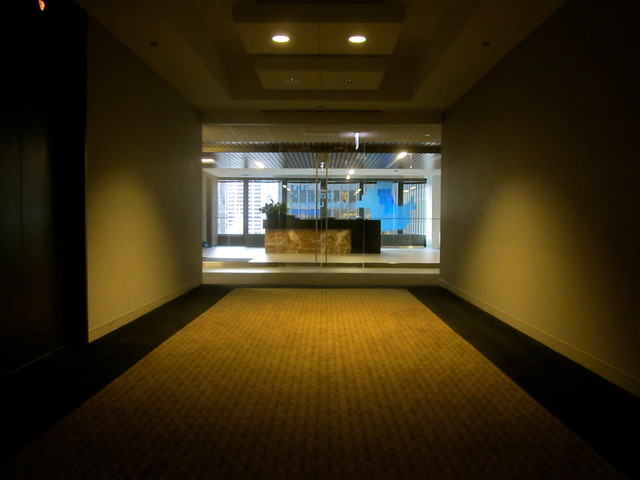
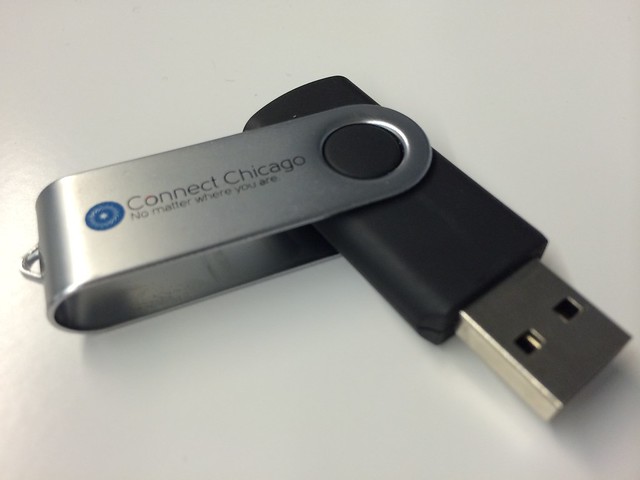

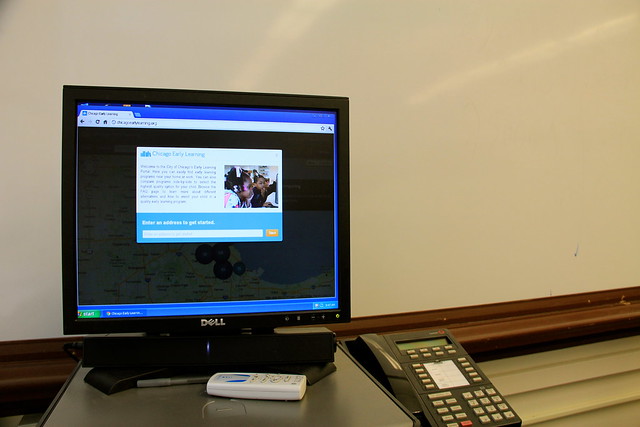
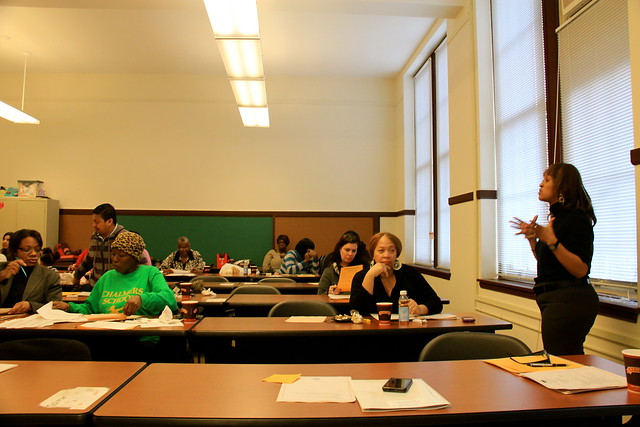

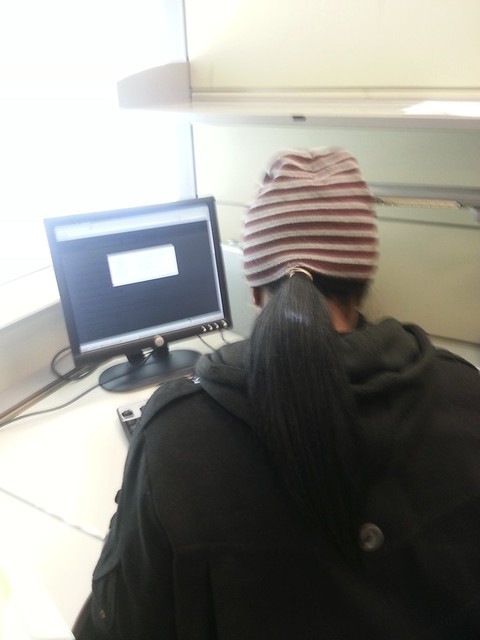


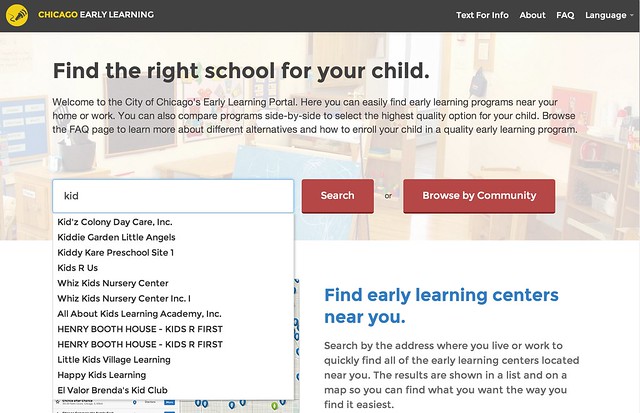

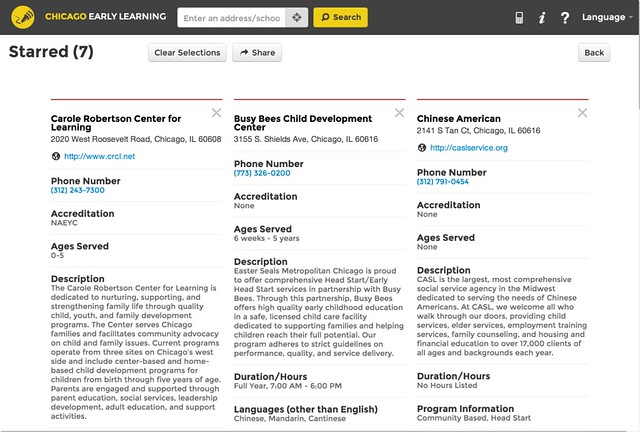
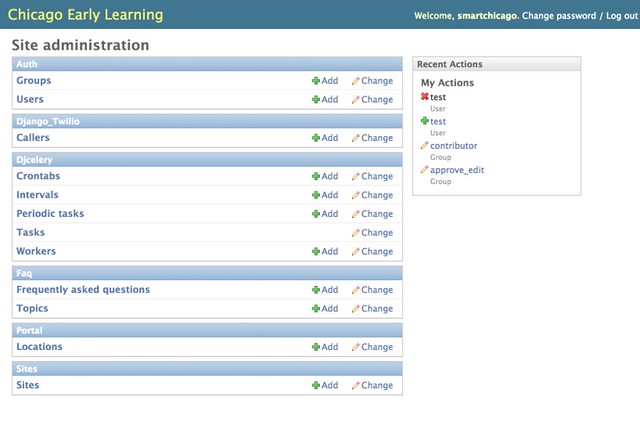
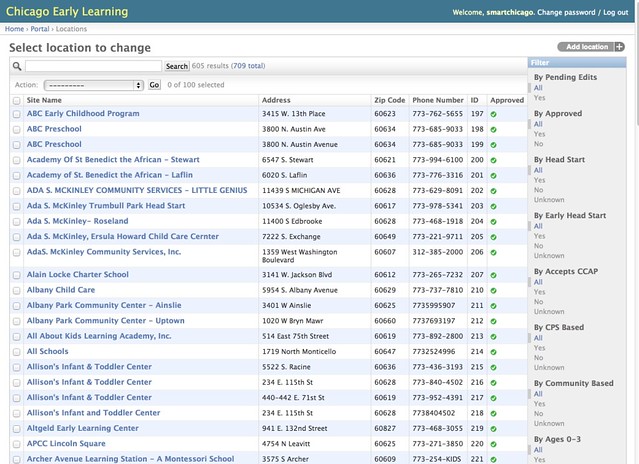
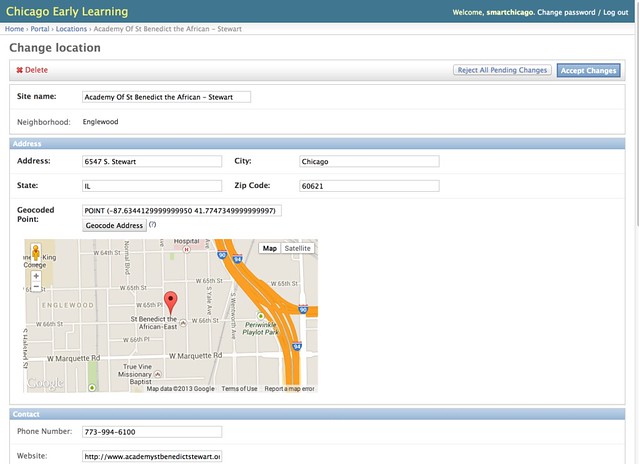

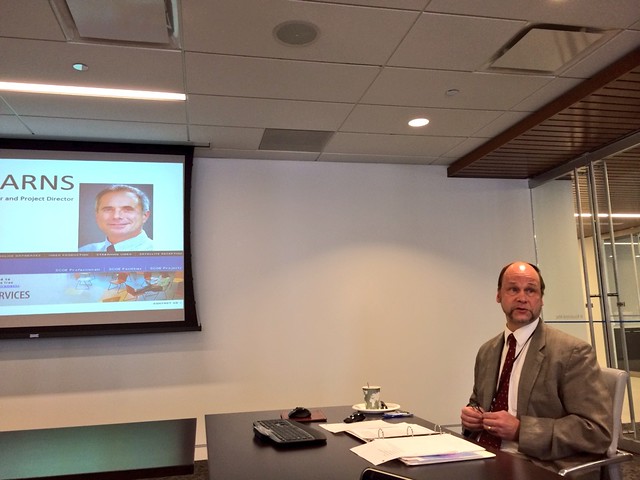
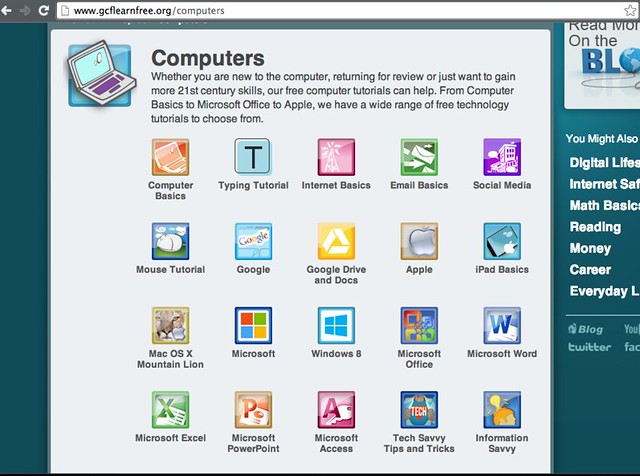
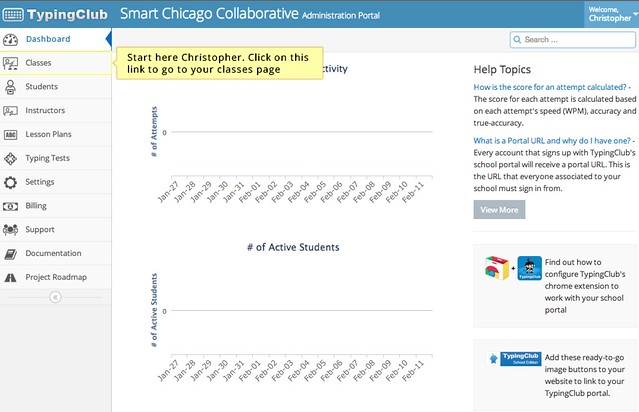
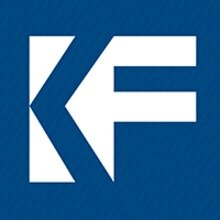 Today the
Today the